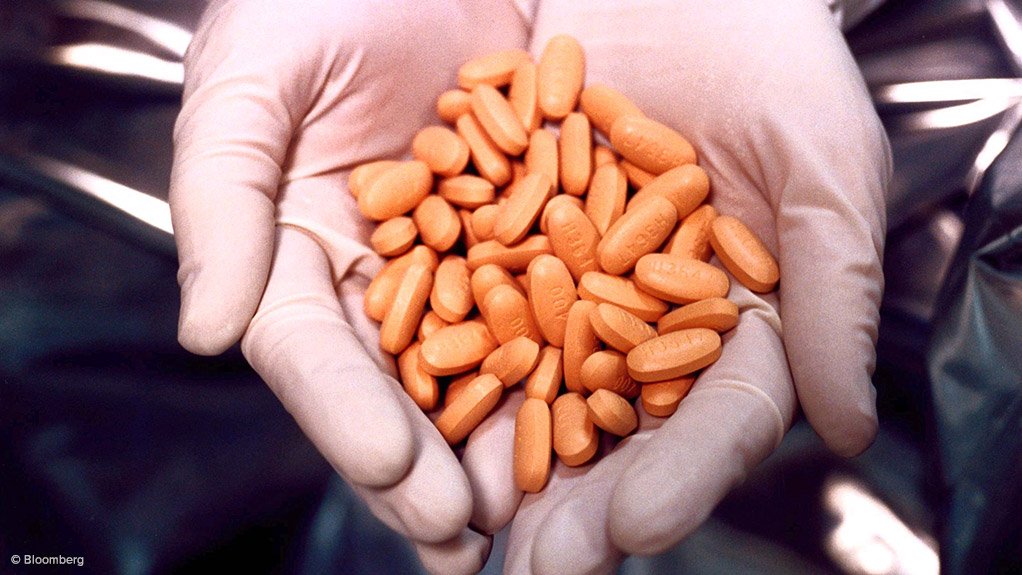Some healthcare activists persistently argue that patents are a barrier that prevents access to medicines. The price of medications may well be a determining factor, but there are other issues that prove to be far more effective barriers against allowing access to desperately needed medication.
According to the World Health Organisation’s (WHO) World Immunisation Week 2013 statistics: “... even now, around 22 million infants are not fully immunised with routine vaccines and more than 1.5 million children under five die from diseases that could be prevented by existing vaccines”. More specifically, the WHO’s report reveals, “More than 70% of these children live in ten countries: Afghanistan, Chad, the Democratic Republic of the Congo, Ethiopia, India, Indonesia, Nigeria, Pakistan, the Philippines and South Africa.More than half of them live in just three countries (India, Nigeria and Indonesia)”. It is a clear cut and scandalous example that 22 million children do not have access to off-patent, cheap, life-saving, proven and effective vaccines yet health activists have chosen rather to set their targets on patents.
Civil society groups have been lobbying intensively for amendments to South Africa’s patent laws, suggesting that patients do not have access to the latest oncology or HIV/AIDS drugs because of our stringent patent laws. Have any of these activists stopped to ask why people don't have access to even the cheapest, oldest, off-patent medical interventions that are causing hundreds of thousands of deaths across the globe? Indeed, the WHO states, “In 2008, nearly 17% of the 8.8 million deaths in children under five were vaccine-preventable”.
A 2004 study by Amir Attaran and Lee Gillespie-White found that 98 per cent of drugs on the WHO’s Essential Medicines List were off-patent. Attaran pointed out that many of the biggest killers of children in low-income countries – diarrhoea and respiratory infections – are easily preventable or treatable with cheap, off-patent medicines. Yet, according to the WHO, an estimated 30 per cent of the world population lacks regular access to existing drugs, with this figure rising to over 50 per cent in the poorest parts of Africa and Asia. The majority of non-communicable diseases can be treated or managed with off-patent therapies, but in lower-income countries there is no easy access to these medicines.
Attaran and Gillespie-White demonstrated that antiretroviral drugs are patented in only a few African countries. In countries where antiretroviral drug patents exist, generally only a small subset of antiretroviral drugs is patented. The observed scarcity of patents cannot be explained simply as a lack of patent laws because, for many years, most African countries have offered patent protection for pharmaceuticals. Furthermore, in this particular case, geographic patent coverage does not appear to correlate with antiretroviral treatment access in Africa. This suggests that patents and patent law, in and of themselves, are not a major barrier to treatment access.
Attaran and Gillespie-White conclude that among the variety of de facto barriers that impede access to antiretroviral treatment more effectively than patents, include but are not limited to the poverty of African countries, the high cost of antiretroviral treatment, national regulatory requirements for medicines, tariffs and sales taxes, and, above all, a lack of sufficient international financial aid to fund antiretroviral treatment.
It is also important to note that no drug has a de facto 20-year patent term. Typically it takes between 10 and 12 years to take a molecule through testing and regulatory approval – all of which occur after a patent has been granted, since no company would invest in an unpatented molecule. Meanwhile, it can take between one and three years to obtain a patent after filing. Most drugs, therefore, have an effective patent term of six to ten years, often less. Given the huge amount of investment required for bringing a drug to market this window of opportunity does not leave much time to earn a return on investment
In South Africa, matters are made worse by our Medicines Control Council (MCC) which is so tardy with its approval process that some drugs take up to five years from the date of registration to the date of approval. To reform the MCC so that registration time lines for new drug approvals are reduced is a relatively straightforward and quick action that should receive support not only from all sectors of society including government, the private sector, and NGOs, but also and most importantly from the thousands of patients who are forced to wait for drugs that have already been approved by advanced country regulators.
With a simple stroke of the statutory pen, overnight government can lower the price of medicines in the private sector by eliminating the 14% VAT on medicines. If the government truly wants a healthy and productive workforce, surely it should not tax the sickest and most vulnerable members of society. Streamlining the operations of the MCC and eliminating VAT on pharmaceuticals are two relatively quick actions that government can take to increase access to medicines.
Written by Jasson Urbach, Economist and director of the Free Market Foundation
The views expressed in the article are the authors’ and are not necessarily shared by the members of the Foundation.
(This policy bulletin was first published as a feature article on the FMF website, 14 May 2013)
EMAIL THIS ARTICLE SAVE THIS ARTICLE
To subscribe email subscriptions@creamermedia.co.za or click here
To advertise email advertising@creamermedia.co.za or click here











